Did You Know Sharks Have Personalities? Plus 10 Surprising Shark Facts
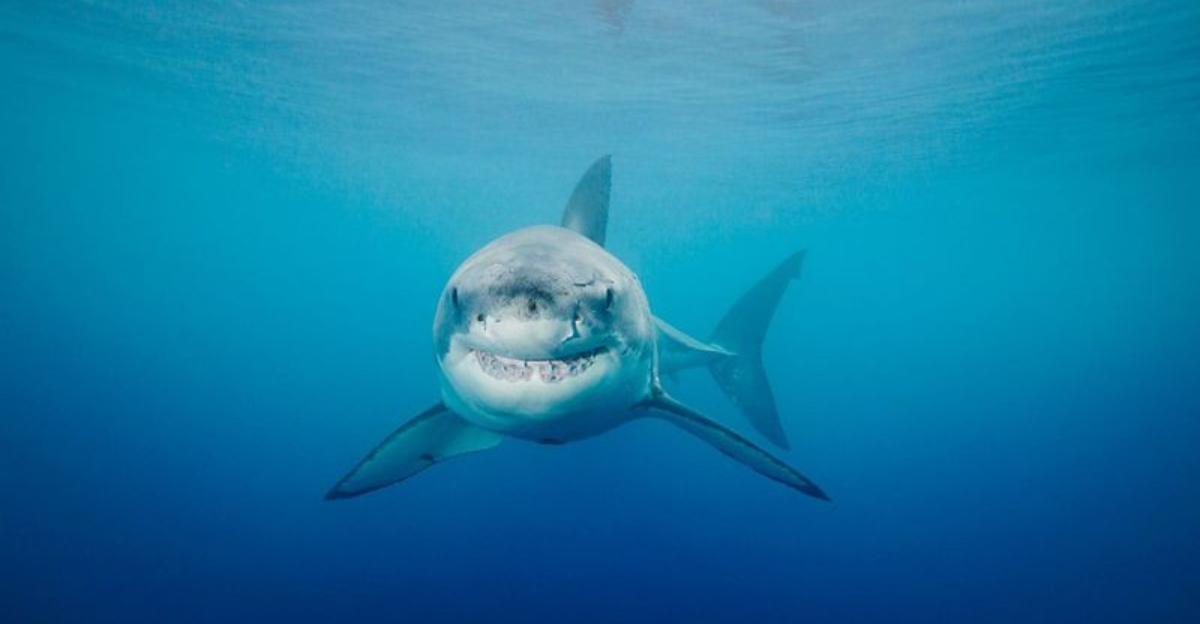
Ever wondered if sharks have feelings or preferences just like we do? Scientists have discovered that these ocean predators aren’t just mindless hunting machines – they actually have unique personalities!
Some sharks are bold explorers while others are shy and cautious.
This fascinating revelation is just the tip of the iceberg when it comes to these misunderstood sea creatures.
1. Sharks Can Have Unique Personalities
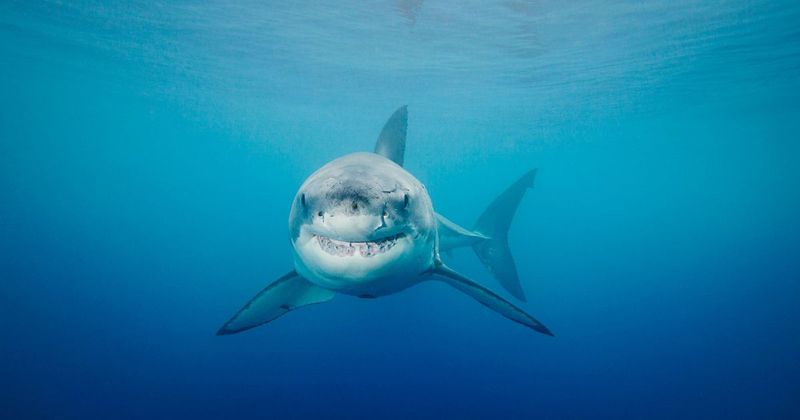
Just like your quirky best friend, sharks display individual personality traits! Research shows some are naturally curious and bold, while others remain shy and cautious.
These distinct behavioral patterns persist over time, suggesting sharks aren’t just reactive creatures but have their own preferences and temperaments.
2. The Intelligence Of Sharks Is Often Overlooked
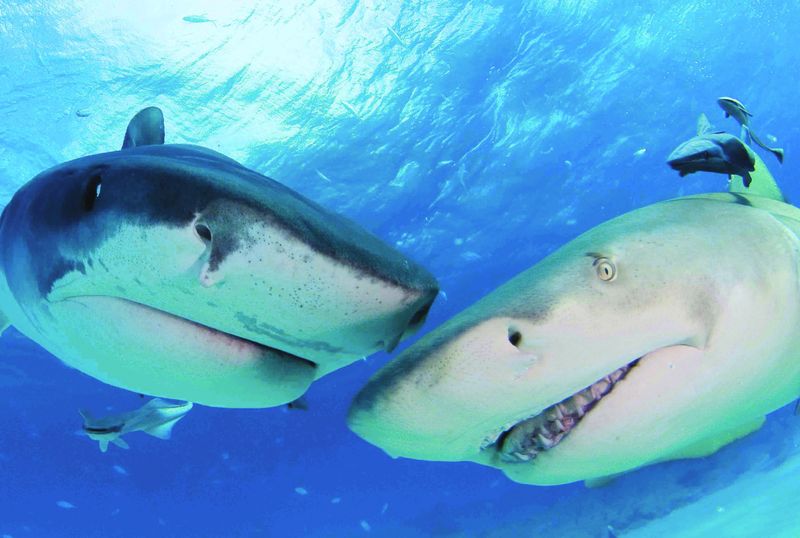
Forget what you’ve heard about sharks having pea-sized brains! These ocean masterminds can solve complex problems and even recognize specific humans.
Lemon sharks have demonstrated social learning abilities, picking up behaviors from their peers. Some species can navigate using Earth’s magnetic field – a skill most humans haven’t mastered!
3. Sharks Use Electroreception To Detect Prey
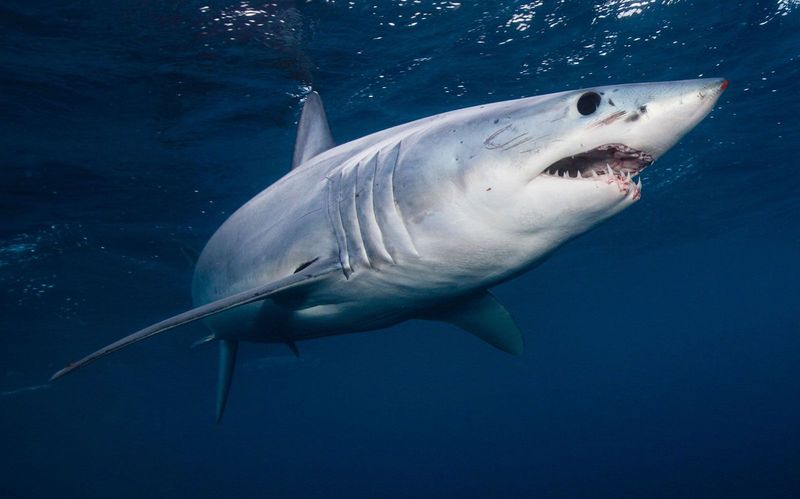
Imagine having a superpower that lets you sense electricity! Sharks possess special gel-filled pores called ampullae of Lorenzini that detect tiny electrical fields produced by all living creatures.
This sixth sense works even when visibility is poor or prey is hiding. A shark can find a fish buried under sand just by sensing its heartbeat!
4. Not All Sharks Are Dangerous To Humans
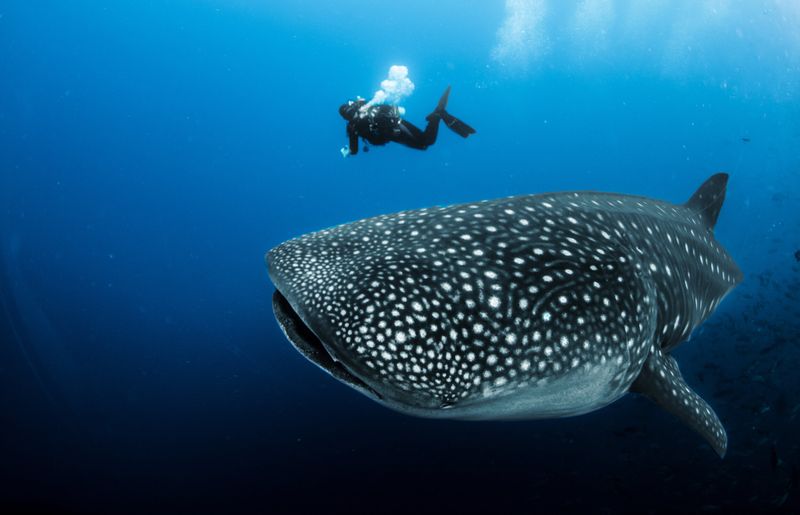
Hollywood has given sharks an unfair reputation! Of the 500+ shark species, only about a dozen have ever been involved in unprovoked attacks on humans.
Whale sharks, the ocean’s largest fish, prefer plankton to people. Nurse sharks are so docile that divers can sometimes pet them (though experts advise against this).
5. Sharks Have Complex Social Structures
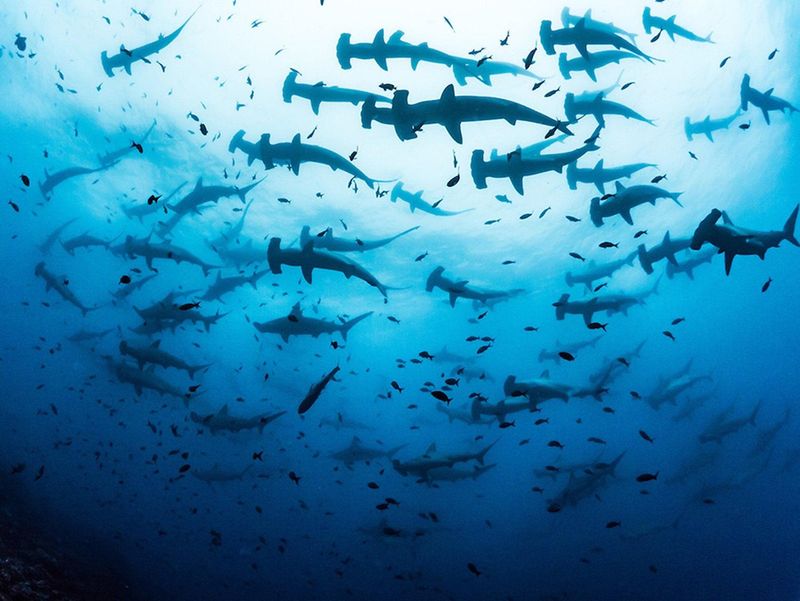
Forget the lone hunter myth! Many shark species are surprisingly social creatures with intricate hierarchies and friendship circles.
Lemon sharks choose specific buddies to hang out with, while hammerheads form massive schools of hundreds. Female sharks sometimes avoid males they don’t like, showing clear social preferences.
6. Shark Species Vary Greatly In Size And Behavior
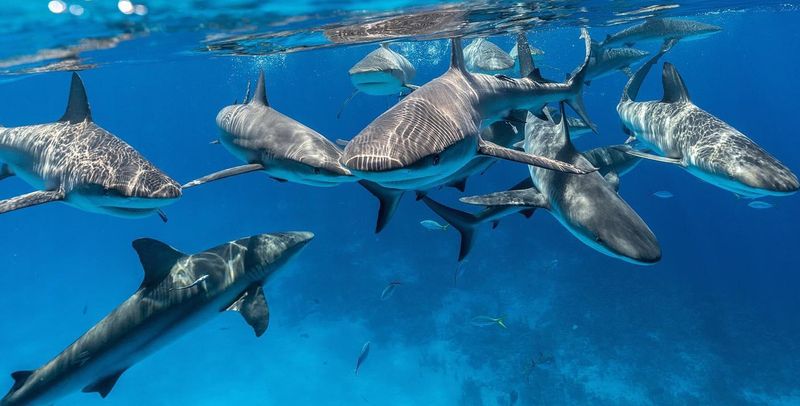
From the tiny 8-inch dwarf lanternshark to the massive 40-foot whale shark, these fish come in astonishing varieties! Each species has evolved unique hunting strategies and behaviors.
Thresher sharks stun prey with their long tails. Cookiecutter sharks bite perfectly round chunks from larger animals. The diversity would make any biologist’s head spin!
7. Some Sharks Migrate Thousands Of Miles
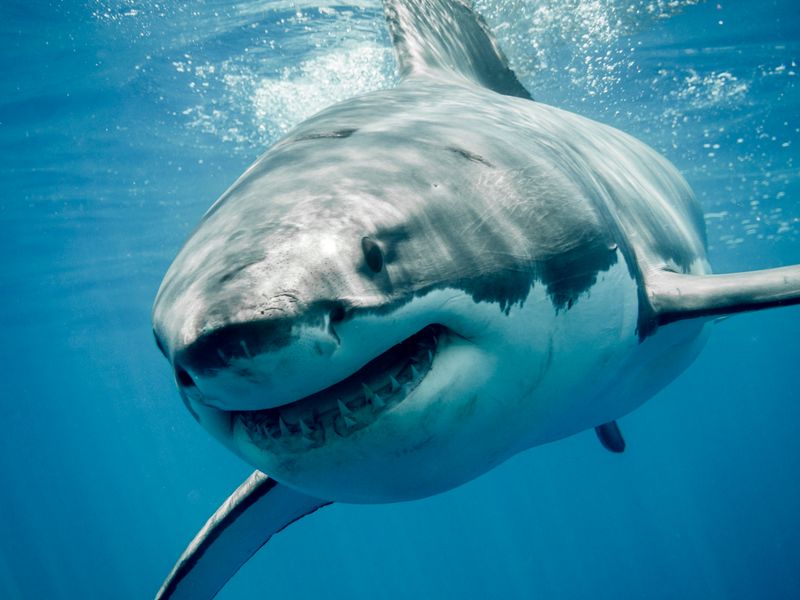
Talk about frequent flyer miles! Great whites have been tracked swimming from Australia to South Africa and back – a round trip of over 20,000 miles.
These marathon migrations often follow mysterious patterns scientists are still trying to understand. Sharks navigate these journeys with pinpoint accuracy, returning to the exact same locations year after year.
8. Sharks Have Been Around For Over 400 Million Years

Dinosaurs? Newcomers compared to sharks! These ancient mariners were cruising the oceans 200 million years before dinosaurs appeared and survived all five mass extinction events.
Fossil records show sharks have changed surprisingly little over hundreds of millions of years. Their evolutionary success story makes them living fossils – perfect designs that needed minimal upgrades.
9. Certain Sharks Can Regenerate Teeth Continuously
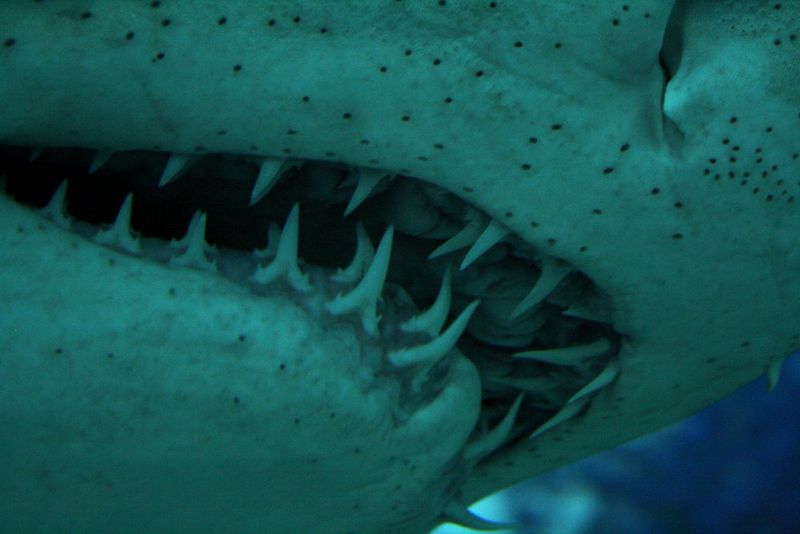
Imagine never needing a dentist! Many shark species can replace lost teeth within days, producing up to 30,000 teeth in a lifetime.
Their teeth are arranged in neat conveyor-belt rows, with new ones constantly developing in the back. When one falls out during a feeding frenzy, another simply rotates forward to take its place.
10. Sharks Play An Important Role In Marine Ecosystems
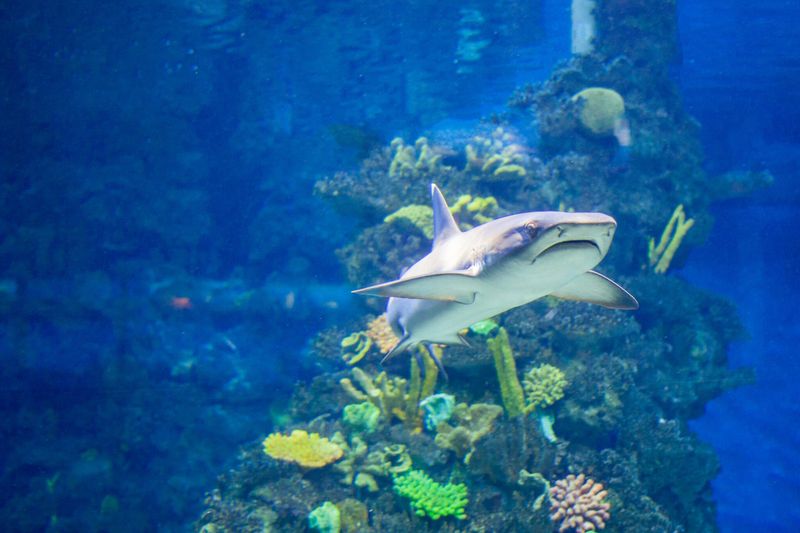
Ocean ecosystems collapse without their shark guardians! As apex predators, they maintain the delicate balance by controlling prey populations and preventing any single species from dominating.
When sharks disappear from an area, the entire food web unravels. Even coral reefs depend on sharks to keep fish populations healthy. These underwater architects are irreplaceable ecosystem engineers.
11. Sharks Communicate Through Body Language
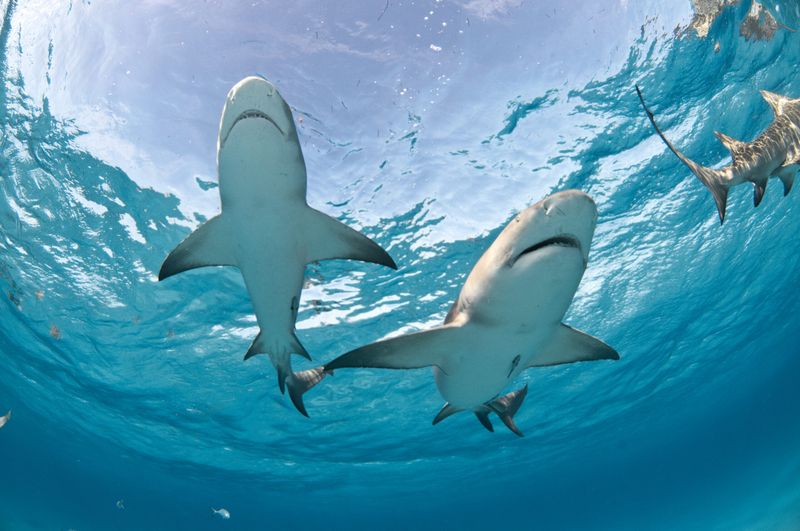
Sharks have a unique way of communicating with each other through body language. For instance, when a shark arches its back and lowers its pectoral fins, it signals aggression or dominance. This non-verbal communication is essential for maintaining social hierarchies within shark communities.
Interestingly, some species are more expressive than others, using these gestures to convey complex social cues. This form of interaction showcases the dynamic and interactive nature of sharks, highlighting their ability to engage in sophisticated social behaviors.






